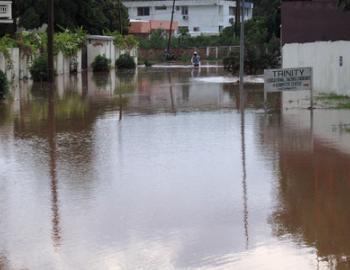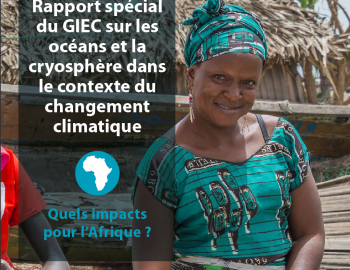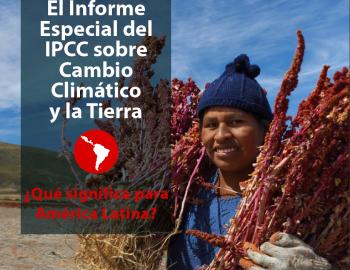REPORT: Building capacity for risk management in a changing climate
REPORT: Building capacity for risk management in a changing climate
This report provides a summary of the Raising Risk Awareness project’s results and learning. In summarising both the project’s activities and stakeholders’ responses, this report may prove useful to scientists, development agencies and civil society-based organisations who wish to build on this foundational work in the future.
The Raising Risk Awareness project uses the latest advances in climate science to understand the role of climate change in the occurrence of extreme events such as flooding, droughts and heatwaves in developing countries. Having a better understanding of whether and how climate change might affect the likelihood and severity of extreme events in a particular location is important when managing future climate risk. The project analyses the role of climate change in recent droughts in Ethiopia and Kenya, and recent flooding and heatwave events in India. In Bangladesh, the project examines the risk of coastal flooding as a result of sea level rise induced by climate change, using the Surging Seas tool.
Developing countries are particularly vulnerable to the impacts of extreme weather. Such events are eroding decades of development gains and are devastating communities, livelihoods and infrastructure. The Global Climate Risk Index 2017 shows that “of the 10 most affected countries (1996–2015), nine were developing countries in the low income or lower–middle income country groups”.
Stakeholders are increasingly demanding information about the role of climate change in individual extreme weather events, as evidenced by a rising number of requests for such information coming from governments, non-governmental organisations and the media in the wake of these events. Extreme event attribution questions are amongst those most commonly asked of the International Federation of Red Cross and Red Crescent Societies and the International Research Institute for Climate and Society help desk during major disasters. In recognition of this demand for information, the Raising Risk Awareness project sought to raise awareness of and share extreme event attribution analyses with a range of stakeholders across the science, communication and policy communities in Ethiopia, India and Kenya. In many areas of new science, a major challenge relates to the science–communications–policy gap: the challenge of making scientific outputs understandable and actionable for laypersons and policy-makers. Therefore, an important element of the Raising Risk Awareness project was to understand and help address potential science–communications–policy gaps associated with extreme event attribution and sea level rise risk that may exist in Bangladesh, Ethiopia, India and Kenya.
Download the report here: Building capacity for risk management in a changing climate: A synthesis report from the Raising Risk Awareness project



